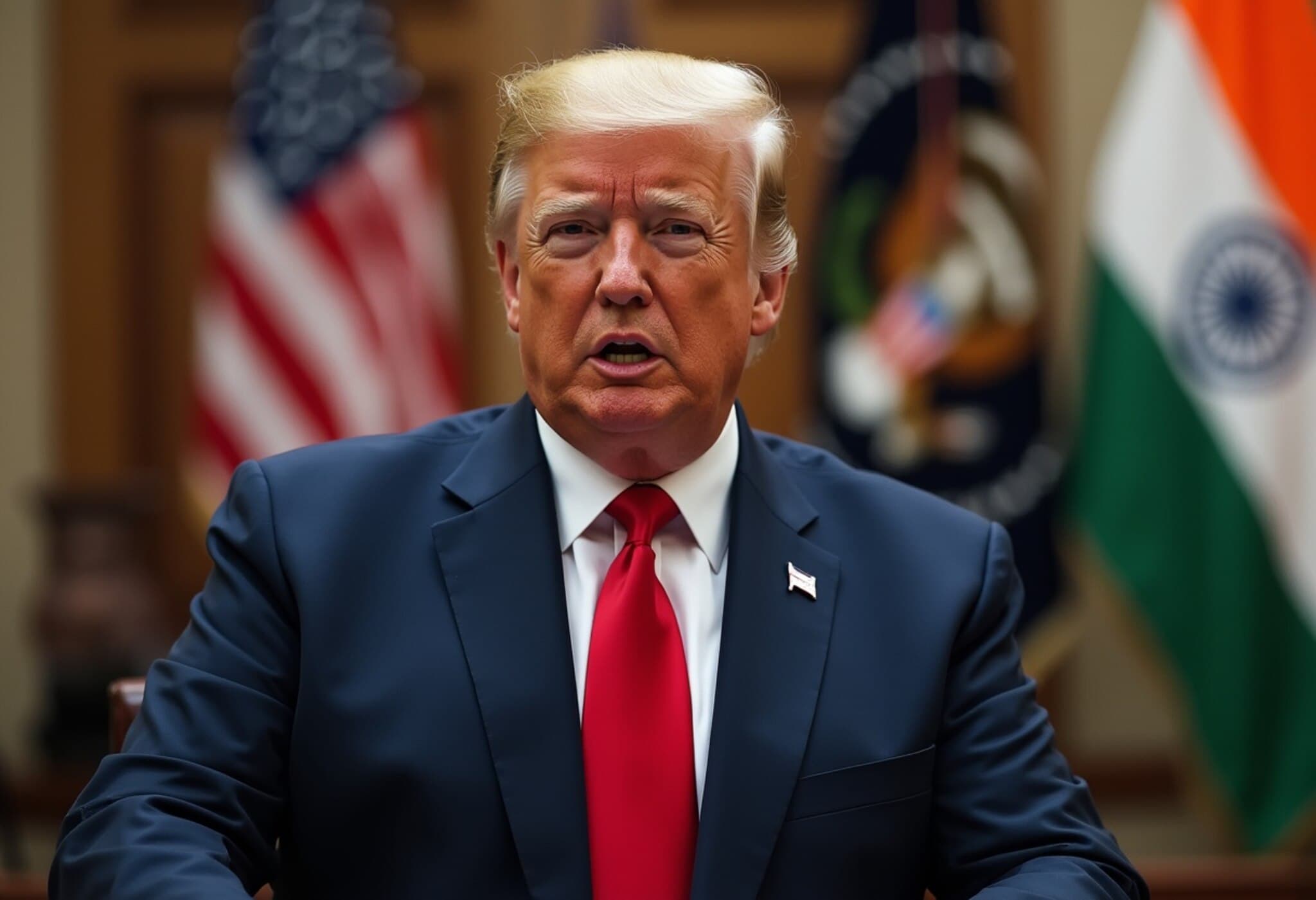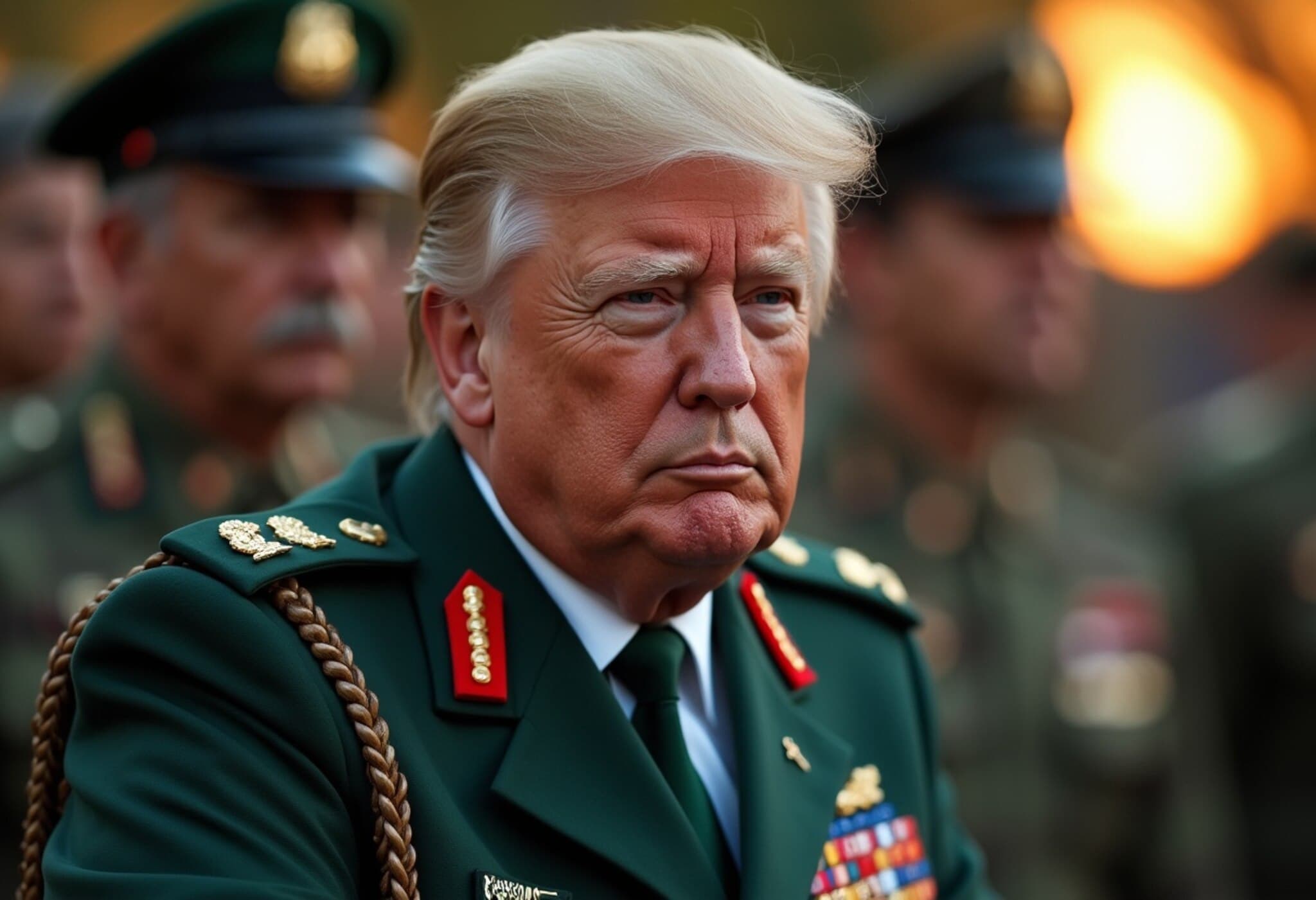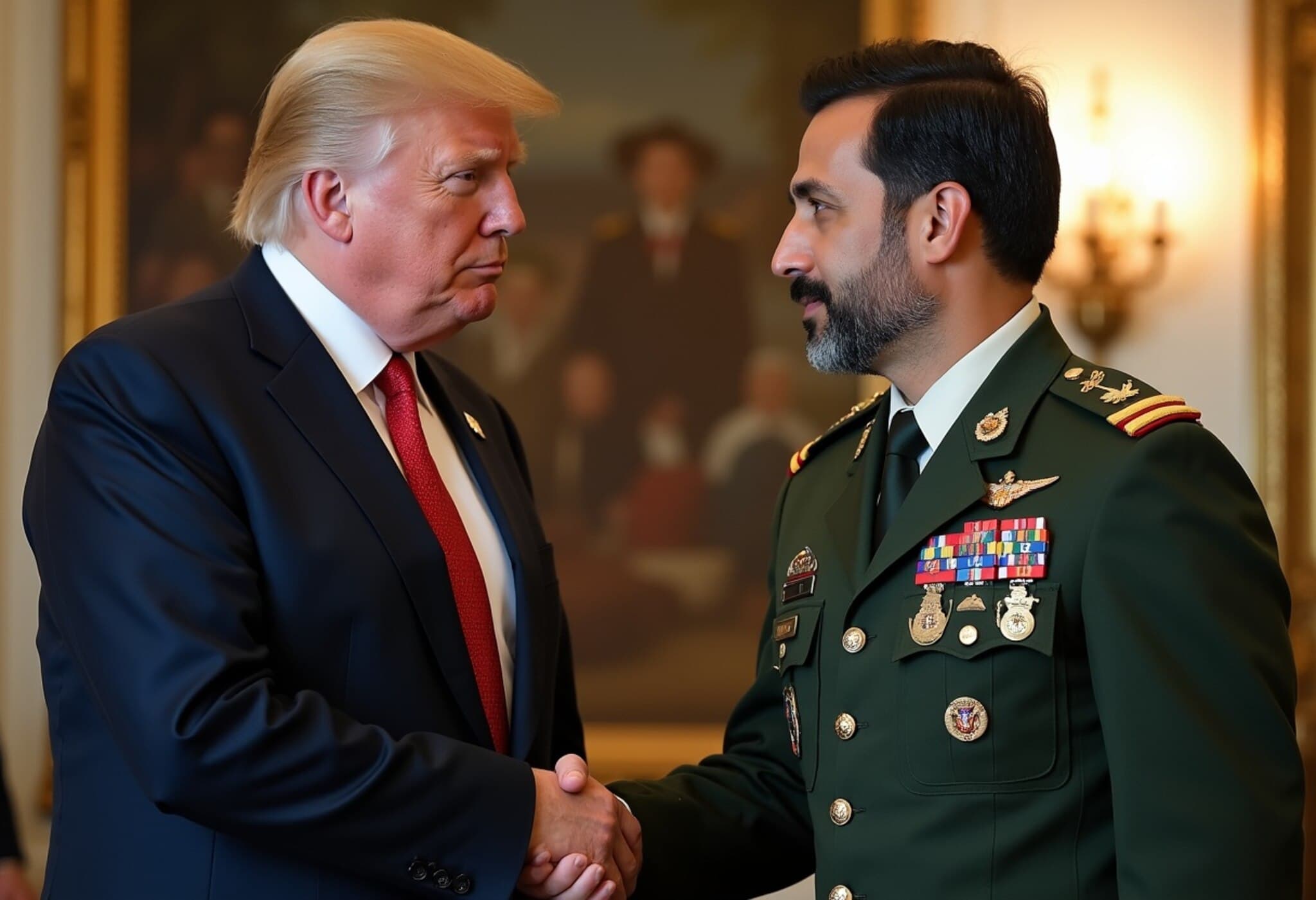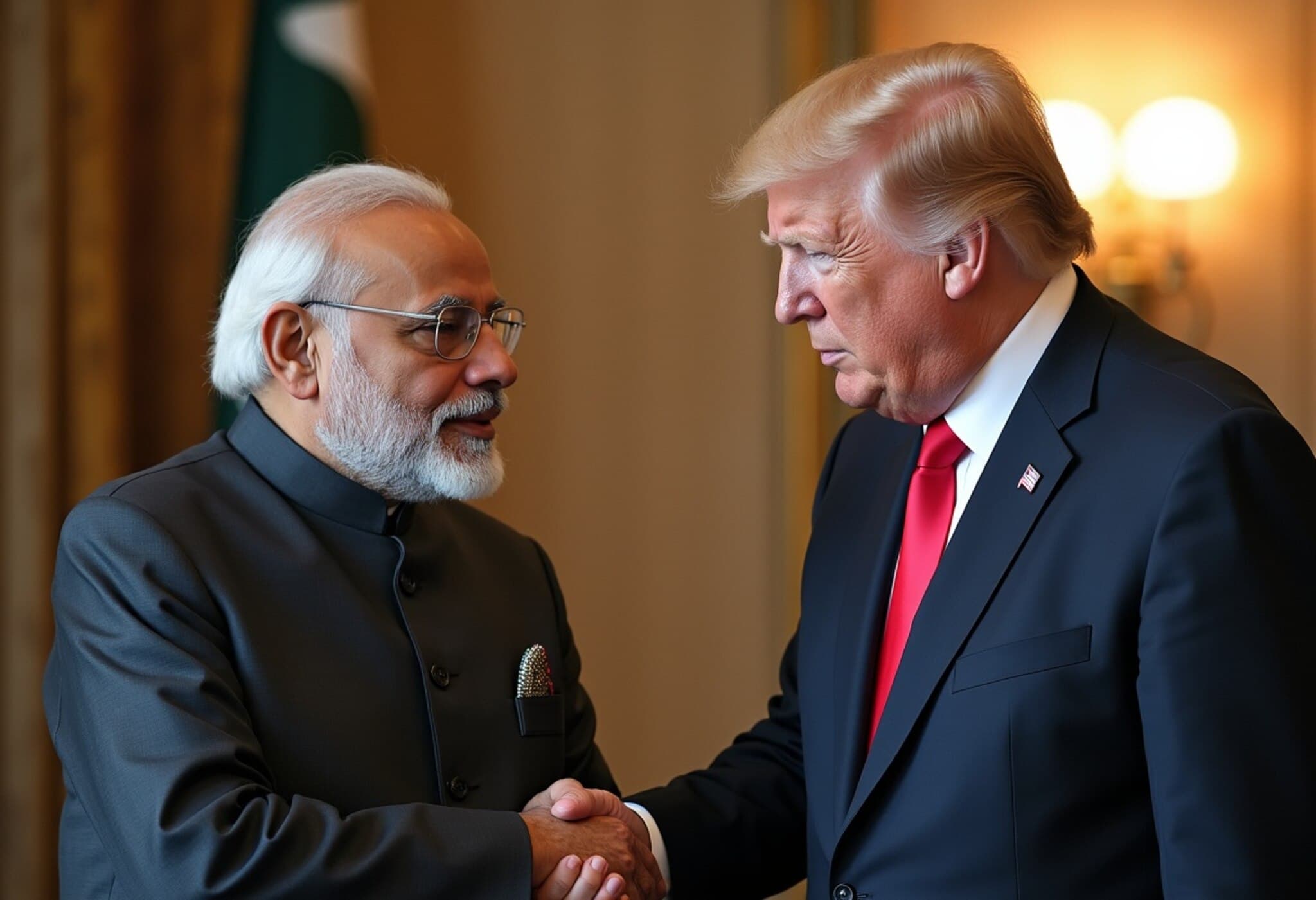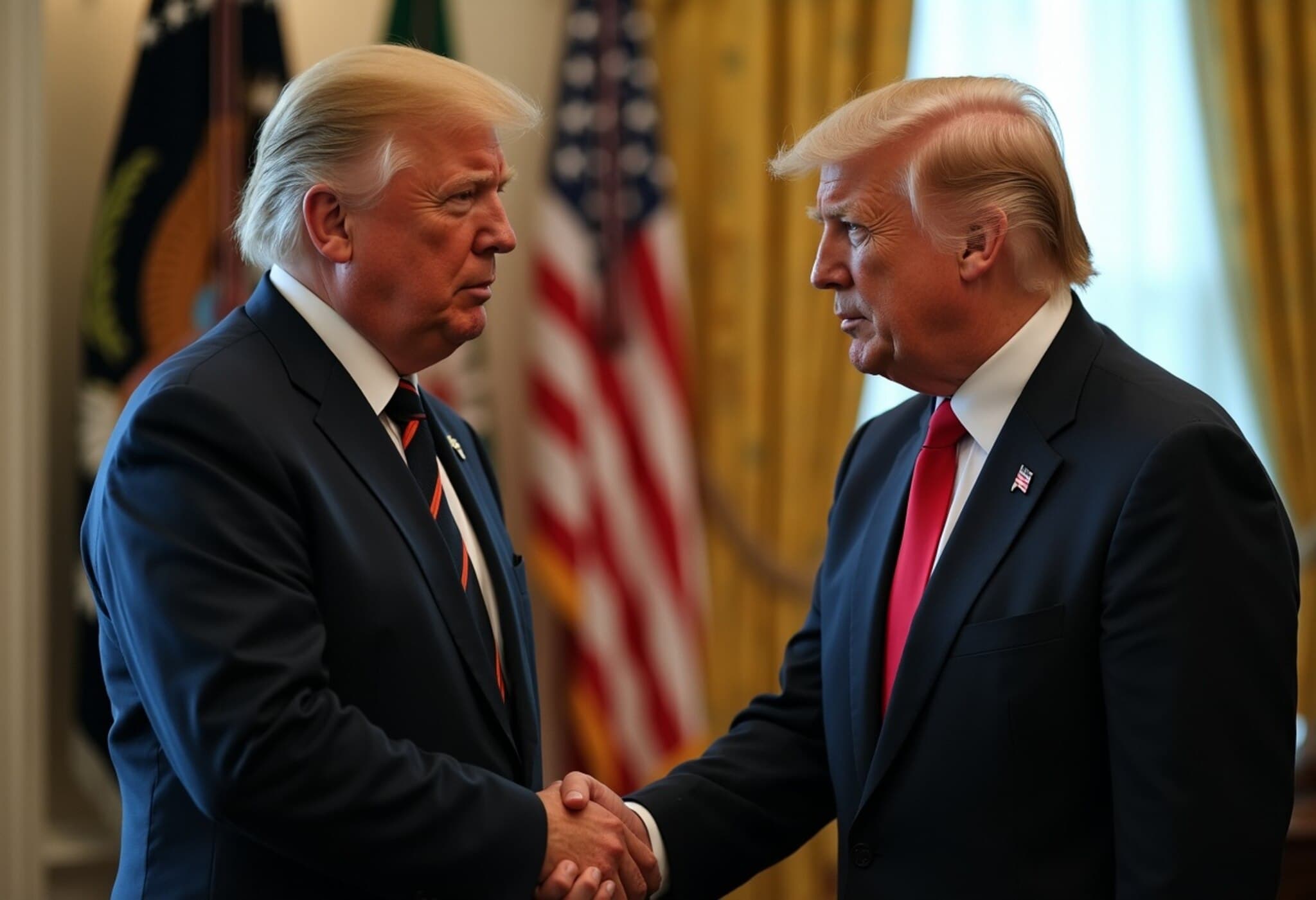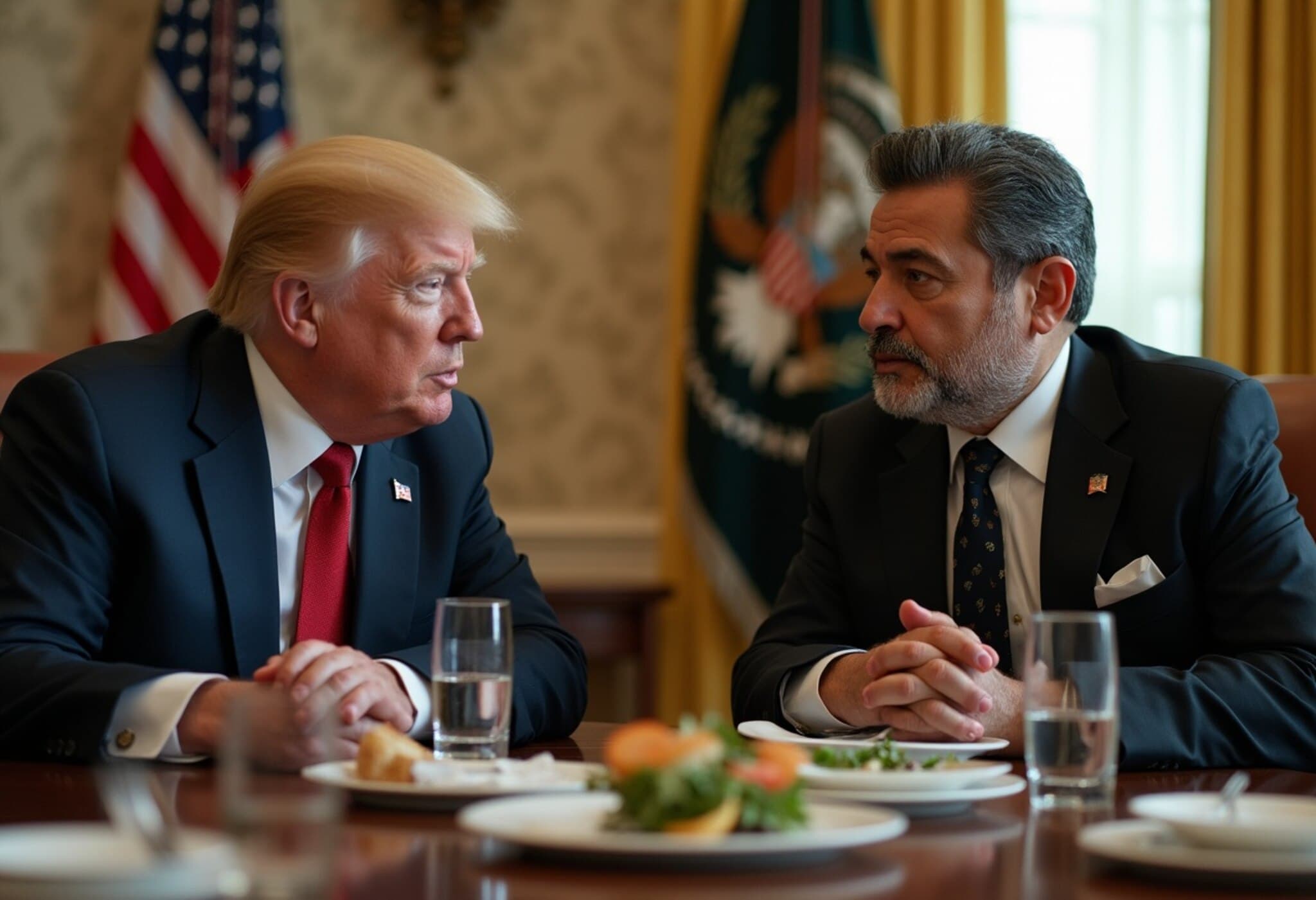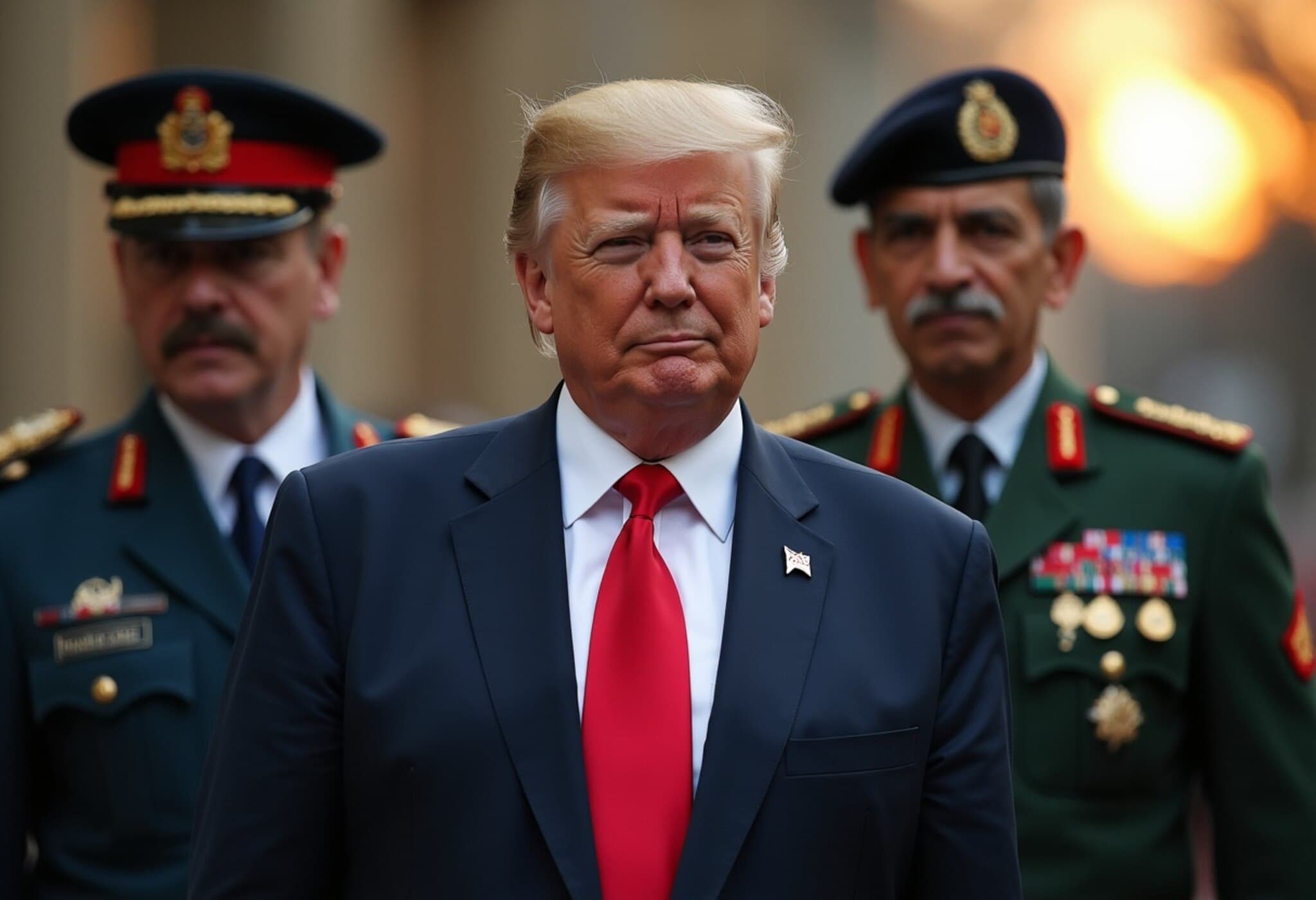Trump Meets Pakistan's Army Chief Amid Nobel Peace Prize Nomination
In a recent development, US President Donald Trump asserted his key role in preventing a war between India and Pakistan, coinciding with his meeting with Pakistan’s army chief, General Asim Munir, at the White House. The meeting follows Munir’s nomination of Trump for the Nobel Peace Prize, citing his efforts in averting nuclear conflict between the two nations.
Ceasefire Between Nuclear Neighbors
This claim came shortly after Indian Prime Minister Narendra Modi clarified that the ceasefire agreed upon in May was a result of direct military talks between India and Pakistan, without any mediation from the United States. Despite this, Trump maintained that his influence was pivotal in stopping the escalation.
Details of the White House Meeting
The White House announced that President Trump will host General Munir for a brief meeting, though specific timings were not disclosed. White House spokesperson Anna Kelly confirmed this event and highlighted Munir's recommendation for Trump’s Nobel Peace Prize candidacy based on his role in silencing hostilities.
Trump’s Statement on Indo-Pak Relations
Speaking to reporters at the White House following a call with Prime Minister Modi, Trump said, "I stopped a war... I love Pakistan. Modi is a fantastic man. We’re going to make a trade deal with India." He emphasized that both leaders, along with influential figures on the Pakistani side, had been headed towards conflict but were restrained, crediting himself with facilitating that pause.
- General Asim Munir nominated Trump for the Nobel Peace Prize.
- The ceasefire was officially achieved through bilateral military talks between India and Pakistan.
- Trump highlighted his desire to enhance trade relations with India.
- Both India and Pakistan are nuclear-armed states, raising the stakes of any potential conflict.
Looking Ahead
While the exact impact of Trump’s intervention remains debated, the meeting underscores ongoing efforts to stabilize relations between India and Pakistan—two countries with a longstanding history of tension. The engagement also reflects the United States’ continuing role in South Asian geopolitics and economic diplomacy.

